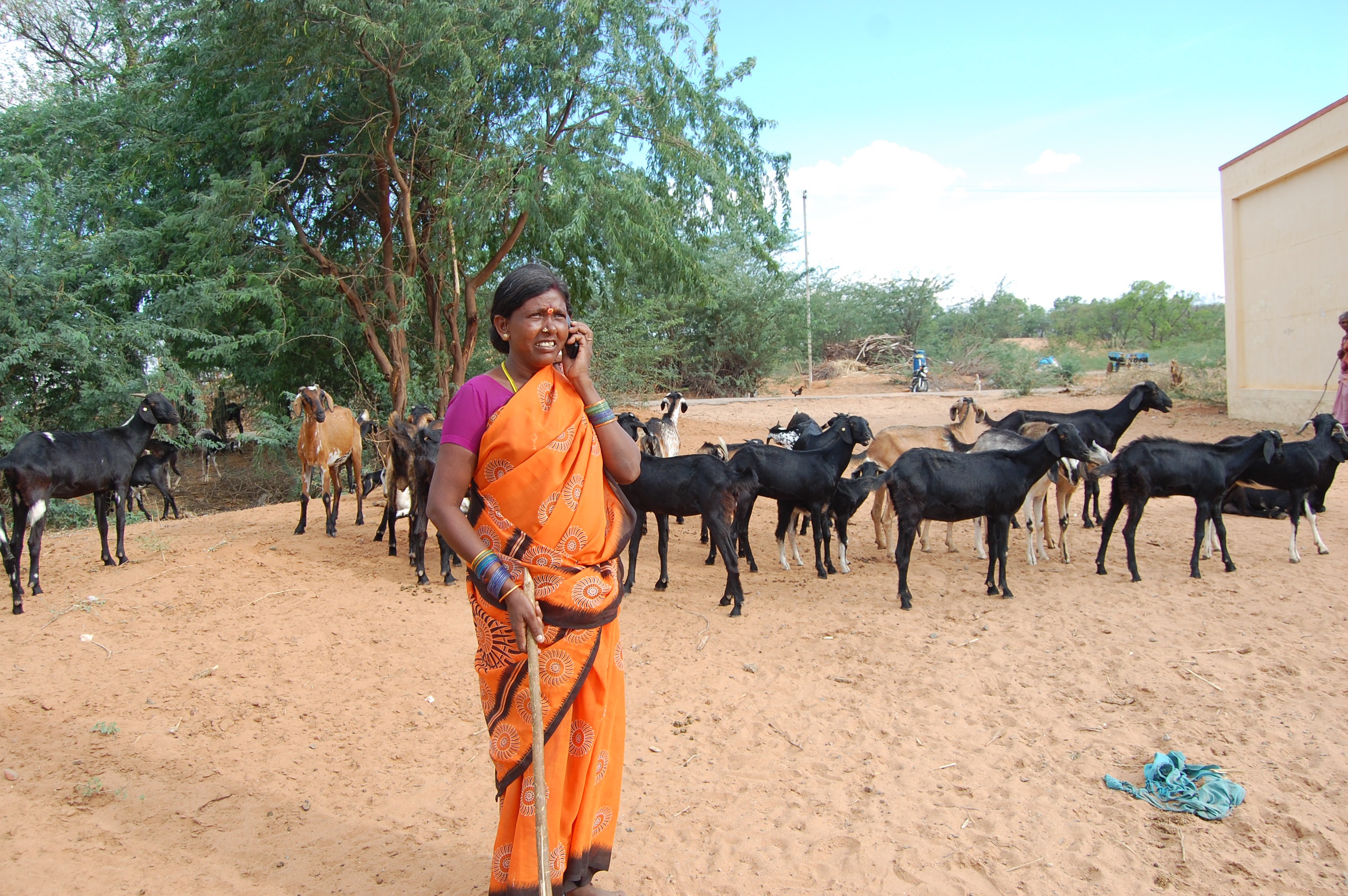Ahead of International Women’s Day on 8 March, Charlotte Jordan looks at how CABI is helping to promote improved nutrition practices among women in 12 developing countries.
One in three people in developing countries suffer from ‘hidden hunger’ or micronutrient deficiency. It’s a major cause of illness, poor growth, reduced productivity and impaired cognitive development. The root of the problem is often a lack of information about proper nutrition.
To help combat this, CABI and its partners in the DFID mNutrition initiative are developing information for a mobile phone-based messaging service to help increase knowledge about agriculture, nutrition and health in 12 developing countries (Bangladesh, Ghana, Kenya, Malawi, Mozambique, Myanmar, Nigeria, Pakistan, Sri Lanka, Tanzania, Uganda and Zambia).
The initiative will improve the knowledge of good nutritional practices, focusing especially on women. Although they’re not always in control of the household budget, women are often the ones responsible for making important decisions for their children and families about food and health. The initiative covers subjects like breastfeeding, dietary diversity, deworming and malaria prevention. More generally, the project includes a range of nutrition information like agricultural production, food preparation, food safety, as well as water, sanitation and hygiene.
CABI is the lead organisation of mNutrition’s Global Content Partners (GCP). We’re ensuring that messages address women through the creation of ‘personas’ and that end user testing is done before content is used. This allows us to account for cultural considerations, motivations and time pressures on women, which are often greater than men’s.
This work is being prioritised by GCP as a core component of content development across the up-coming mHealth countries: Kenya, Mozambique, Uganda and Zambia. mHealth is part of the mNutrition programme. It supports commercially sustainable health services that transform the lives of people in need and promote the wellbeing of mothers and families in developing countries.
In addition, data being collected by mNutrition’s monitoring and evaluation (M&E) partners will be unpicked to assess if messaging impacts women as intended. M&E is already underway in Malawi, with results due soon. Both mHealth and mAgri operate in Malawi. mAgri is another part of mNutrition, which forges partnerships between mobile operators, technology providers and agricultural organisations.
Also in Malawi, Oxfam (the GCP lead partner in Malawi) is conducting a small-scale trial to determine if mNutrition messaging (both through mAgri and mHealth) is impacting on women’s time allocation.
We will continue our work on mNutrition into 2016 and report back at important milestones, showing the impact on women’s nutrition practices.
By Charlotte Jordan, Nutrition Project Manager, CABI

